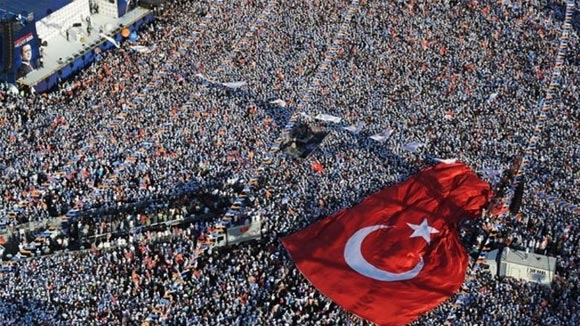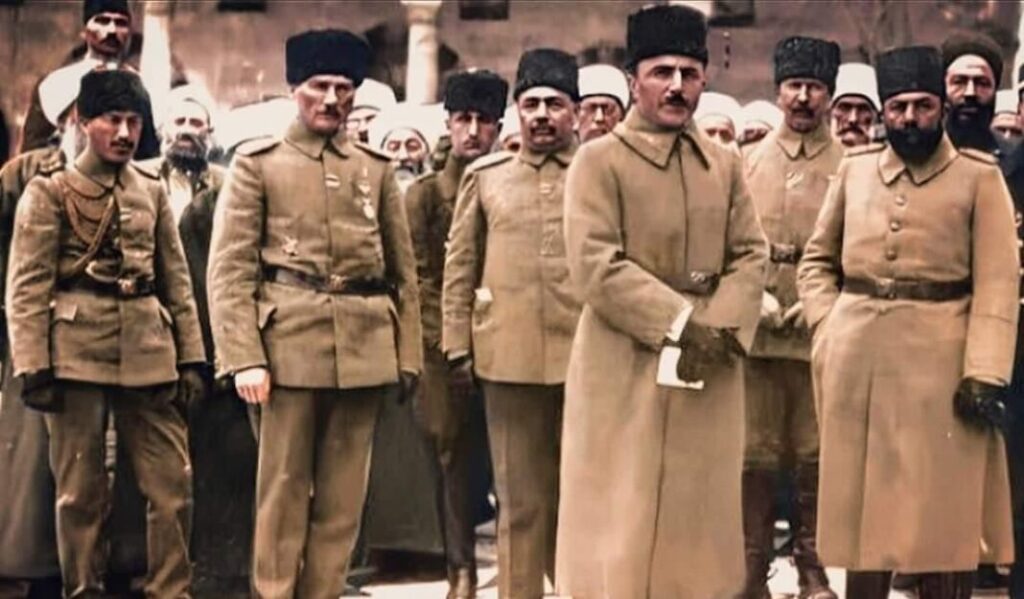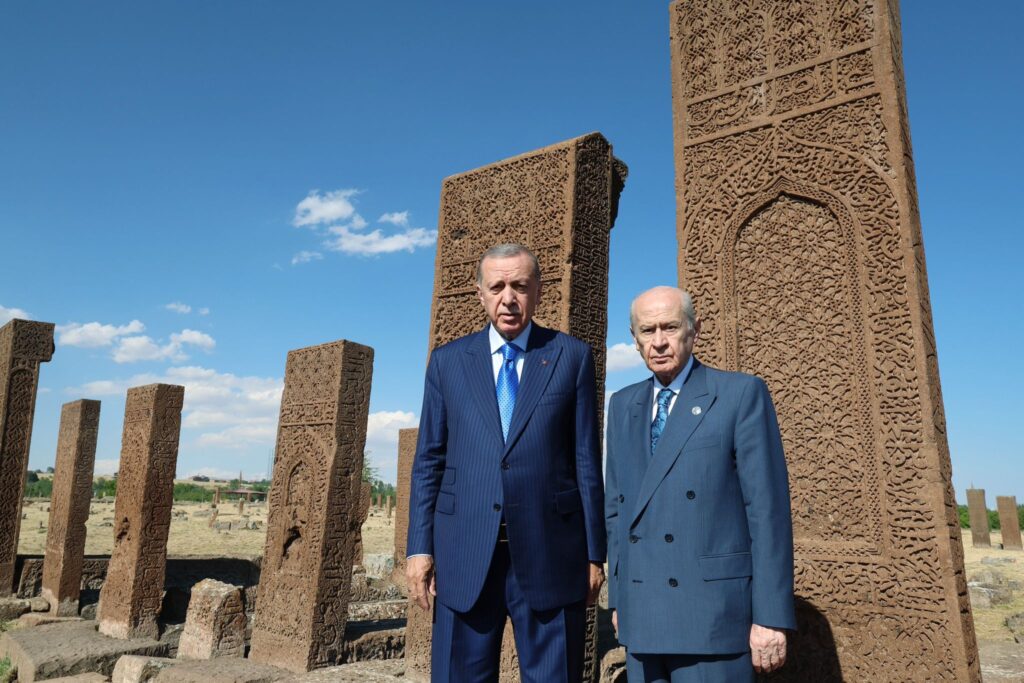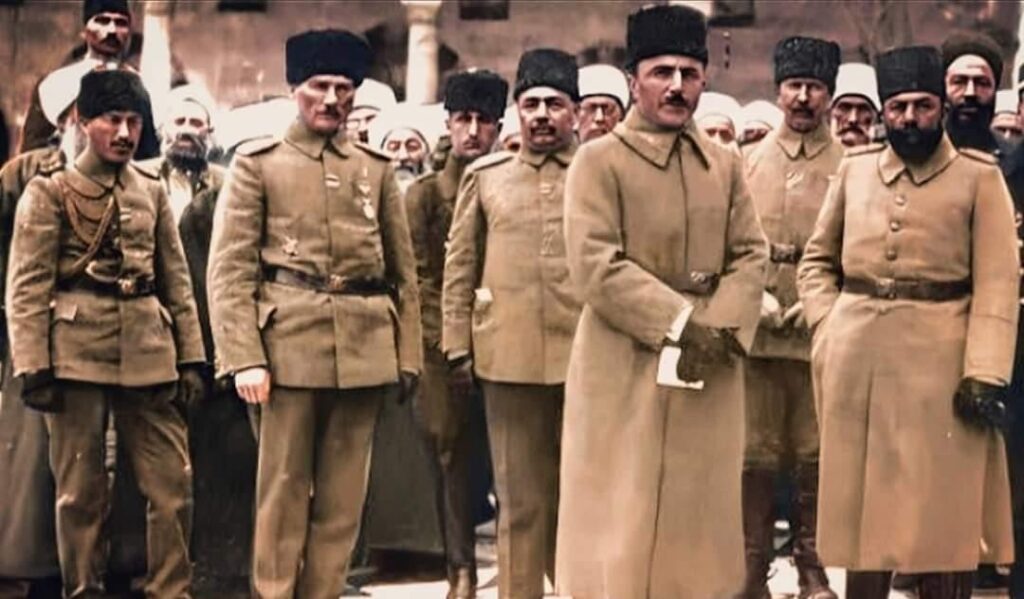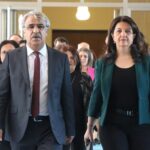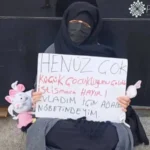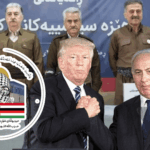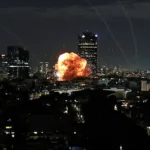Etyen Mahçupyan
If you want to contextualize the system in a more pluralist, local and irreversible way in a country where bureaucratic tutelage is internalized even by the smallest units, there is one precondition that you must have greatly developed political insight, thinking and analysis abilities. A short-term and superficial perspective can act as a tool favored by senior authorities or held on to politicians, but it does not bring any good to either the party or the country. The coalition process and discussions following the June 7 elections was a good example of that. As can be remembered, due to the Justice and Development Party's (AK Party) mistakes, there was about a four-point decline in the AK Party's Kurdish votes while another roughly 6 percent of AK Party proponents did not cast ballots. Since this was the situation at a period when discussions regarding the introduction of a presidential system were one of the main agenda topics, a possible change in governmental system and a new constitution were confronted. In the background, there was a certain AK Party image of leaving reforms since Gezi Park protests aside and that the party could not progress with the reconciliation process. In brief, the matter went beyond the question of being able to govern Turkey, and the party was confronted with the risk of not coming to power for the first time.
Forcing another election did not have any legitimacy and it was obvious that the vote share that was to be received in such a scenario would decline even more. In other words, the AK Party was confronted with a legitimacy crisis and it might have remained helpless had the outlawed PKK not returned to war. In this atmosphere, the only factor that could enable and reinforce the AK Party's legitimacy again was demonstrating to society that the party was also an agent of normalized politics. This could have been demonstrated through displaying sincere and earnest attitudes during coalition negotiations with the Republican People's Party (CHP). But as a matter of fact, no one in the AK Party favored forming a coalition then, which I wrote at the time. But the cost of not wanting a coalition would be the inability to govern Turkey and, in this case, it might not be easy to prevent a rapid decline in the support of the party's base.
Consequently, anyone who can look with a realistic perspective and see that a short-term coalition with the CHP would have been good for the AK Party. The leader of the party, meanwhile, was implying that he did not want a coalition in order not to lose control of the process. In this picture, some smart AK Party members defended forming a coalition to the public and enabled the party's legitimacy again in terms of the general audience. This effort directly contributed to the rising vote share for the party in the Nov. 1 snap elections. The less intelligent or more career-focused party members pursued to represent themselves as agreeable by repeating what the leader said. This approach estranged some people from the party who could not make their final decision about voting for the AK Party. If the need for stability had not been that acute, this group would not have cast ballots. Of course, there were some party members who made this political choice without giving much thought, but they are always present in every condition. While implying that he did not want a coalition, President Recep Tayyip Erdoğan was addressing the center of the party's base. And many people, including me, were addressing the peripheries of this base while siding with a coalition.
For the AK Party, winning elections has never been a major concern, and it will not be for a while. It will not be that difficult to ensure a parliamentary majority. However, governing the country is a totally different matter, and since there are so many actors trying to prevent the AK Party from governing successfully, it is necessary to foresee that every sore point in its ground for legitimacy will grow and impact the party.
The AK Party needs to highlight people who have a good grasp of politics. The people who do not have any creativity other than repeating the leader's opinion and do not understand politics in their essence can be useful to a certain degree in times of conflict, but in in periods of construction they can only be the cinders of the building.
Yazıyı beğendiysen, patronumuz olur musun?
Evet, çok ciddi bir teklif bu. Patronumuz yok. Sahibimiz kar amacı gütmeyen bir dernek. Bizi okuyorsan, memnunsan ve devam etmesini istiyorsan, artık boş olan patron koltuğuna geçmen lazım.
Serbestiyet; Türkiye'nin gri alanı. Siyah ve beyazlar içinde bu gri alanı korumalıyız. Herkese bir gün gri alanlar lazım olur.




